From street beer to semiconductors: Vietnam’s change catching eye of US tech companies
Vietnam used to be known only as a great destination for casual travel and street food, but is now attracting the attention of the U.S.’s biggest tech companies.
For the first time ever the beach city of Da Nang in central Vietnam was chosen to host the annual PRISM Genomics Science Conference this month, with the world’s leading experts in gene sequencing technology gathering to discuss the latest advancements in the field.
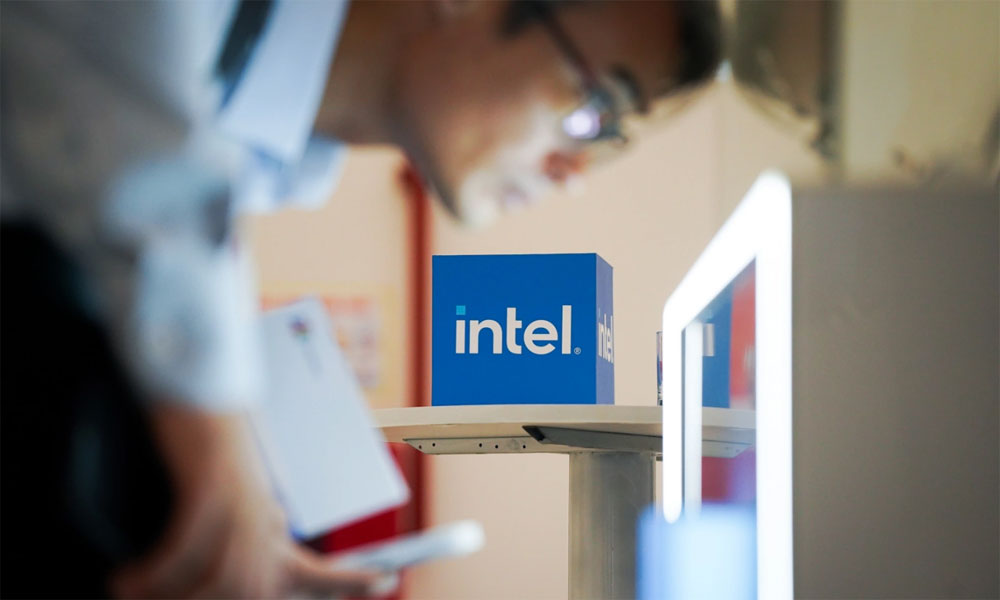 |
|
A visitor looks at Intel chips at an exhibition in Hanoi in October 2024. |
The technology, which has various applications from diagnosing genetic disorders to improving farming and breeding, now has the opportunity for development in Vietnam, according to industry insiders.
The pharmaceutical sector is expected to attract more multinational companies with advanced and high-precision technologies, Jason Kang, vice president and general manager for the Asia-Pacific region at American biotech firm PacBio, which hosted the conference, said on April 15.
PacBio is not the first U.S. tech firm to consider Vietnam a potential manufacturing and research hub for its global expansion.
Several tech giants have recently pursued outsourcing, investment and partnership opportunities across various high-tech sectors in Vietnam, a country which has spent decades attracting foreign direct investment to boost manufacturing and exports.
In early April chipmaker Qualcomm acquired MovianAI, a subsidiary of local firm VinAI specializing in generative artificial intelligence.
This was the second significant AI-related acquisition by a U.S. firm, following Nvidia’s purchase of VinBrain, an AI subsidiary of Vietnam’s biggest private company Vingroup, late last year.
During a meeting with Vietnamese officials this month, Qualcomm’s senior vice president of engineering Jilei Hou expressed interest in establishing the company’s third-largest global research and development center in Vietnam, focusing on AI.
Another American semiconductor giant, Intel, announced in early April a plan to seek additional suppliers in Vietnam.
News agency Reuters reported late last year that Wistron’s factory in northern Vietnam began producing components for SpaceX, the spacecraft company belonging to Elon Musk, a U.S. entrepreneur and world’s richest person.
Also last year KP Vina’s plant, which manufactures parts for U.S. aircraft manufacturer Boeing, started operations in Da Nang’s High-Tech Park.
Christopher Vanloon, chairman of the American Chamber of Commerce (AmCham) in Da Nang, pointed to Vietnam’s transformation as the reason for the growing interest among American tech firms.
"Twenty seven years ago, when I first visited Vietnam, I was struck by plastic chairs and street beer stalls. Today Vietnam is producing aerospace components for Starlink [the satellite internet company belonging to Musk]".
The country is entering a new phase, making bold strides in fields like genetic biology, artificial intelligence, aerospace, and, especially, semiconductors, he said.
Vietnam revolution, in tech
The U.S. was the 10th largest source of foreign direct investment in Vietnam in the first quarter, according to official data. At US$148 million, it was up 93% and two places from the same period in 2024.
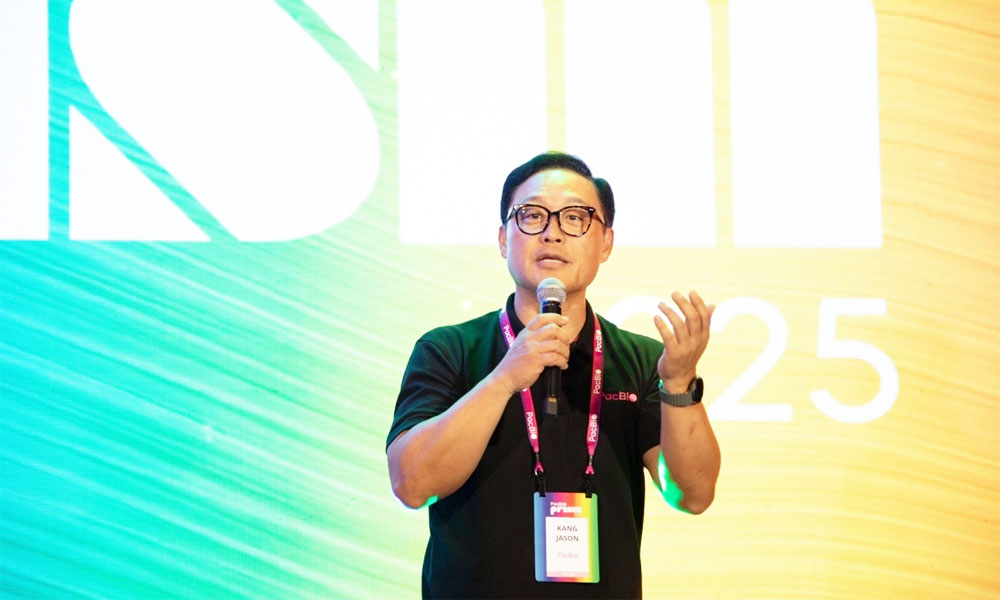 |
|
Jason Kang, vice president and general manager for the Asia-Pacific region at California-based biotech firm PacBio, speaks at a conference in Da Nang City in April 2025. |
Imports from the U.S. surged 21% in the same period to $4 billion.
American entrepreneurs spoke about various factors that prompted them to investment decisions in Vietnam. An AmCham survey of its members last year had identified growing domestic consumption, ongoing economic reforms and an expanding middle class.
The country is positioning itself as a strategic destination for high-tech and innovation capital, driven by its export-oriented manufacturing strategy and the shift of capital into higher-value sectors, according to a recent report by the National Innovation Center and Boston Consulting Group.
The domestic consumer market is also booming, fueled by the rapid growth of the middle and affluent classes, it added.
Vanloon said: "Vietnamese colleagues in their 40s and 50s tend to save, but their children’s generation is modern and sophisticated, much like consumers in Malaysia or Thailand. They spend more, care about health, longevity, and quality of life."
Many of the changes in Vietnam’s manufacturing scene stemmed from the government’s effort to foster an environment conducive to economic breakthroughs, focusing on modernization, sustainable development, and innovation.
The National Innovation Center and Boston Consulting Group report emphasized these factors are key to attracting both domestic and international investors.
Vietnam is "leading the digital and AI revolution," with a digital economy valued at $36 billion and projected to maintain double-digit growth, it added.
Businesspeople like PacBio’s Kang have noticed the growing focus on high technology in Vietnam.
"I’m impressed by HCMC, Hanoi and Da Nang – major cities witnessing robust growth in science, technology and the attraction of international businesses," he said.
"I believe in a bright technological future for Vietnam."
In the genomics sector, where PacBio operates, Vietnam recorded annual growth of 21-22% between pre-Covid 2019 and 2023, according to DKSH, a Swiss market development company and PacBio’s primary distributor in the region.
DKSH said that with clear direction, improving infrastructure and strong government support for biotechnology, Vietnam is emerging as a hub for connecting diverse perspectives in the region, fostering knowledge exchange and advancing scientific development.
Kenneth Tse, vice president and general manager of Intel Products Vietnam, said that as the world recognizes the need for a geographically diverse and resilient supply chain, Vietnam is well-positioned to benefit.
The country has a young and talented workforce, a government prioritizing high-tech development and a stable political and social environment, he added.
Valoon highlighted the strength of Vietnam’s human resources.
"The government is investing heavily in technology education, particularly in English proficiency – a critical factor for global tech integration."
But analysts also call for economic improvements to attract more American tech giants, including simplifying administrative procedures, developing human resources and infrastructure shortages.
Tse said that as more global high-tech firms shift their supply chains to Vietnam, competition for talent will intensify.
As Vietnam advances its high-tech industries, infrastructure such as power production supply and high-speed roads must keep pace, and U.S. businesses also seek more supportive policies on taxes and procedures, he said.
Administrative reforms, such as a one-stop mechanism which reduces the burden for global firms to seek permits from many local authorities, would support existing foreign enterprises and attract new companies to Vietnam, he added.
 Bắc giang
Bắc giang






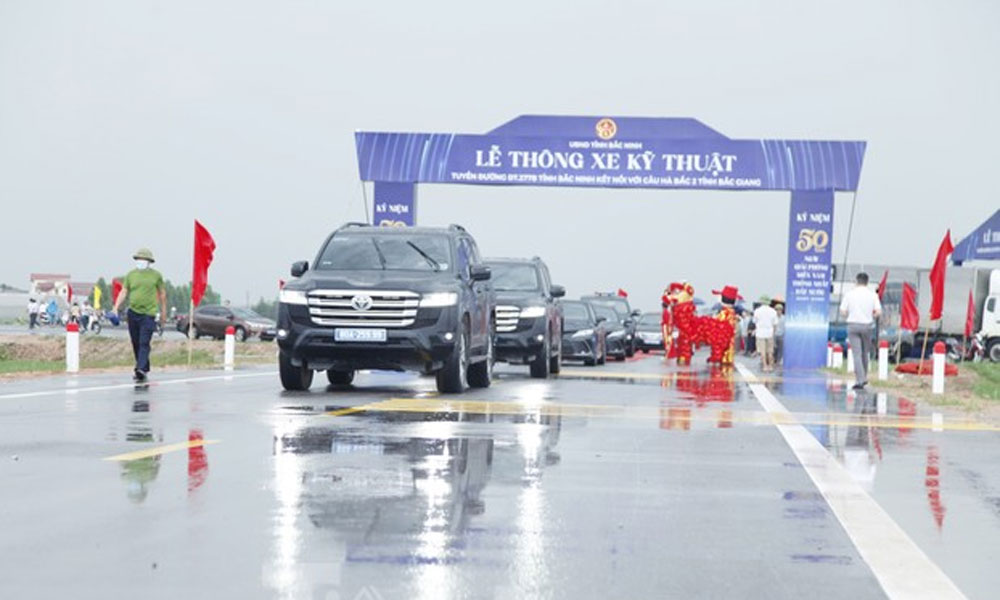

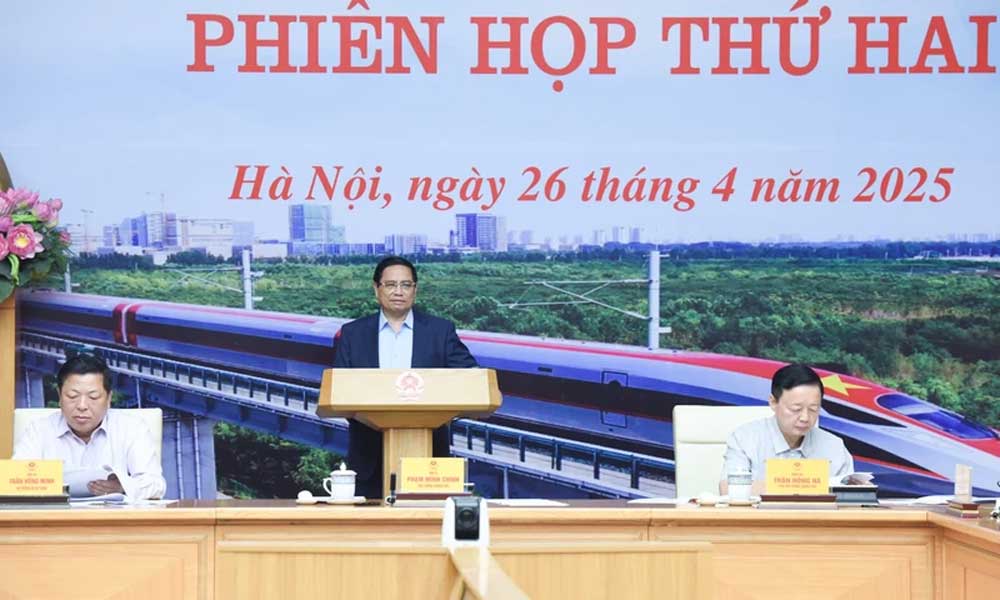
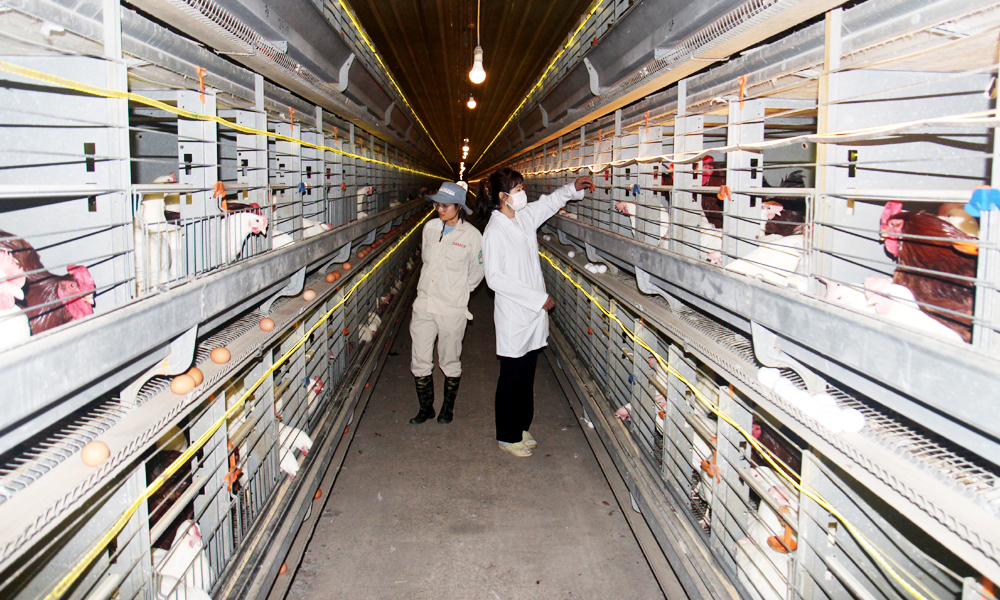



Reader's comments (0)